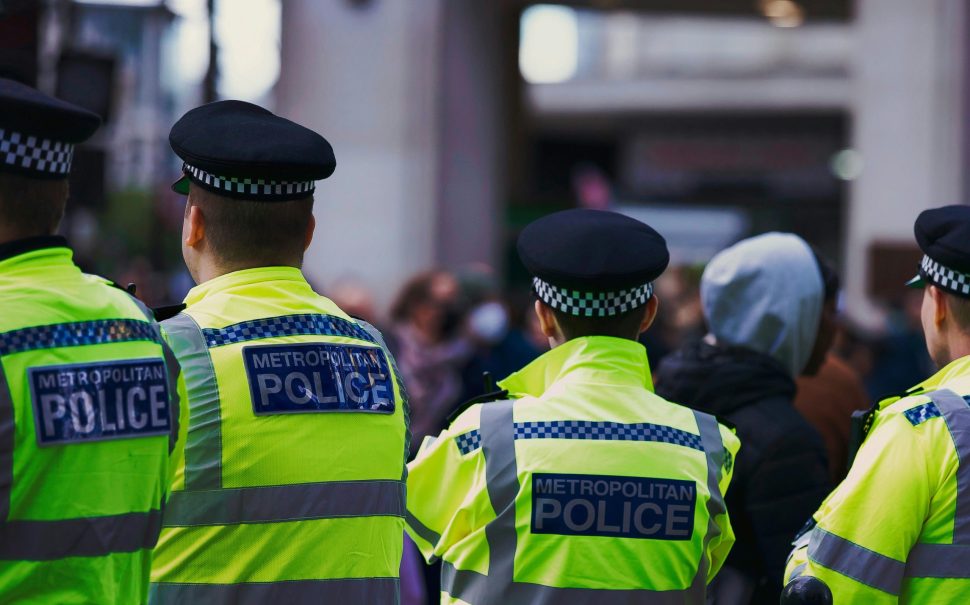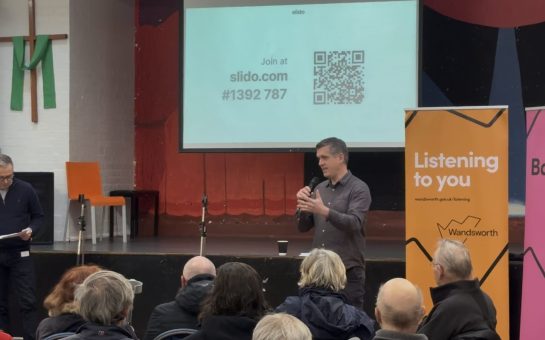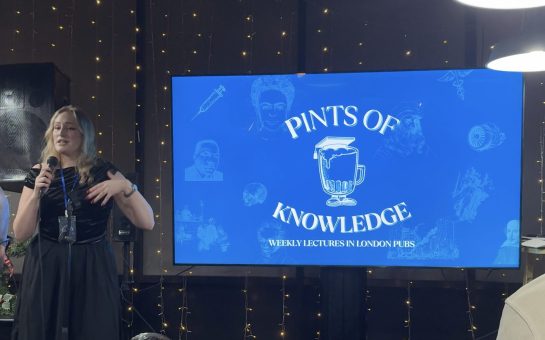LGBT+ people have been less satisfied with the Metropolitan Police Service than their non-LGBT+ counterparts since June 2020.
LGBT+ individuals have been less content with the Met in five of six categories in the past 22 quarters, data from the Mayor’s Office for Policing and Crime (MOPAC) shows.
Asked about the Met’s stop and search conduct, trustworthiness, overall victim services, online victim services, and local policing, LGBT+ people have predominantly responded more negatively.
No one group has been consistently less satisfied than the other with the Met’s telephone provisions for crime victims.
LGBT+ rights activist Dan Glass, 42, alleged historic police persecution, police entrapment, and police infiltration have prevented the LGBT+ community from having faith in the service.
He claimed: “There have been countless scandals of their aggressive, illegal persecution of our community.
“There’s a real lack of historic and current trust towards the police and their behaviour, because we know there’s never really been any authenticity when it comes to our wellbeing.
“I’m a massive believer that we don’t need the police and that there are other forms of community safety and protection. The police are a legitimised gang, basically to protect the rich and protect the elite.
“I think there needs to be a complete overhaul of how communities protect themselves rather than relying on really abhorrent and damaging institutions.”
The greatest disparity in LGBT+ and non-LGBT+ attitudes towards the police has been the groups’ perception of how the police use stop and search.
Between June 2020 and September 2025, an average of 46% LGBT+ respondents believed that the police use stop and search fairly, compared to 64% of non-LGBT+ respondents.
Opinions most greatly differed in December 2023, when 60% of non-LGBT+ respondents believed that the police use stop and search fairly, double the 30% of LGBT+ people in the English capital.
While the disparity has narrowed since then, a significant gap remains as of September, with 42% of LGBT+ respondents of the opinion that police use stop and search fairly, in contrast to 62% of non-LGBT+ people.
Asked in June 2020 whether the Met was an organisation they could trust, 77% of LGBT+ respondents said it was, compared to 84% of non-LGBT+ individuals.
That 7% gap had grown to 20% by September 2023.
It has since decreased slightly, with 60% of LGBT+ respondents and 75% of non-LGBT+ respondents saying they can trust the Met as of September 2025.
Human rights campaigner Peter Tatchell, 73, alleged: “LGBT+ mistrust in the police is rooted in the persecution we endured during decades of police witch hunts, which included behaviour like arresting same-sex couples for kissing and cuddling.
“In parallel with the large-scale arrests of LGBT+ Londoners, the police also for decades failed to take queerbashing violence seriously, mishandling many investigations. There were often no public appeals for witnesses to come forward, and enquiries were wrapped up after just a few weeks.”
Tatchell did acknowledge the significance of the Met commissioner Sir Mark Rowley’s 2023 apology for the Metropolitan police’s past failings to the LGBT+ community.
He added: “The police commissioner’s public apology to the LGBT+ community for past homophobic persecution was a very big positive step forward.”
In all quarters but one since June 2020, the LGBT+ community has had less confidence that the Met does a good job, locally, than non-LGBT+ people.
One trans Londoner, who asked not to be identified for privacy reasons, claimed he was made to feel uncomfortable after being arrested by the Met on his way to a protest in 2022.
He alleged: “There was no consideration for privacy, such as a verbal warning before entering the cell, leading to being walked in on while changing, which was an incredibly dysphoric experience.
“The police themselves were unpleasant, due to misgendering, though I had stated my gender.”
The man, whose charges were dropped shortly after his arrest, claimed he was mocked by members of the Met while detained.
LGBT+ victims have been less satisfied with the Met’s overall service than non-LGBT+ victims in every quarter since June 2020, with the average disparity being 6%.
LGBT+ victims of crime have been more satisfied with the Met’s online services than non-LGBT+ victims in just one of 22 quarters, though differences in opinion are smaller than in other categories.
Ben Kernighan, co-CEO of LGBT+ anti-abuse charity Galop, said: “We are seeing within society at the moment an increase in division. We are seeing an increase in terms of transphobia within society, and an increased legitimisation in some places of homophobia.
“And in that context it is so important that the police work better with the LGBT+ community and put proactive efforts into building trust by having more specialist provision of support, by recruiting better and increasing the support and training offered.”
A spokesperson for the Metropolitan Police said: “We continue to do everything we can to better support LGBT+ victims of crime, and bring those responsible for hate crimes to justice.
“To improve victim services, our dedicated LGBT+ community liaison officers (CLOs) provide a consistent and approachable point of contact for the LGBT+ communities across London. They support victims of crime, including those who have experienced hate crime, and help to improve engagement between police and members of LGBT+ communities as they seek to rebuild trust and confidence.”
The spokesperson added that the Met is seeking to improve its training of officers on inclusive language, is reassessing its transgender and non-binary policies and guidance, and is working to become a more inclusive workplace with the help of support officers and staff from LGBT+ communities.
Featured image credit: Bob Jenkin via Pexels





